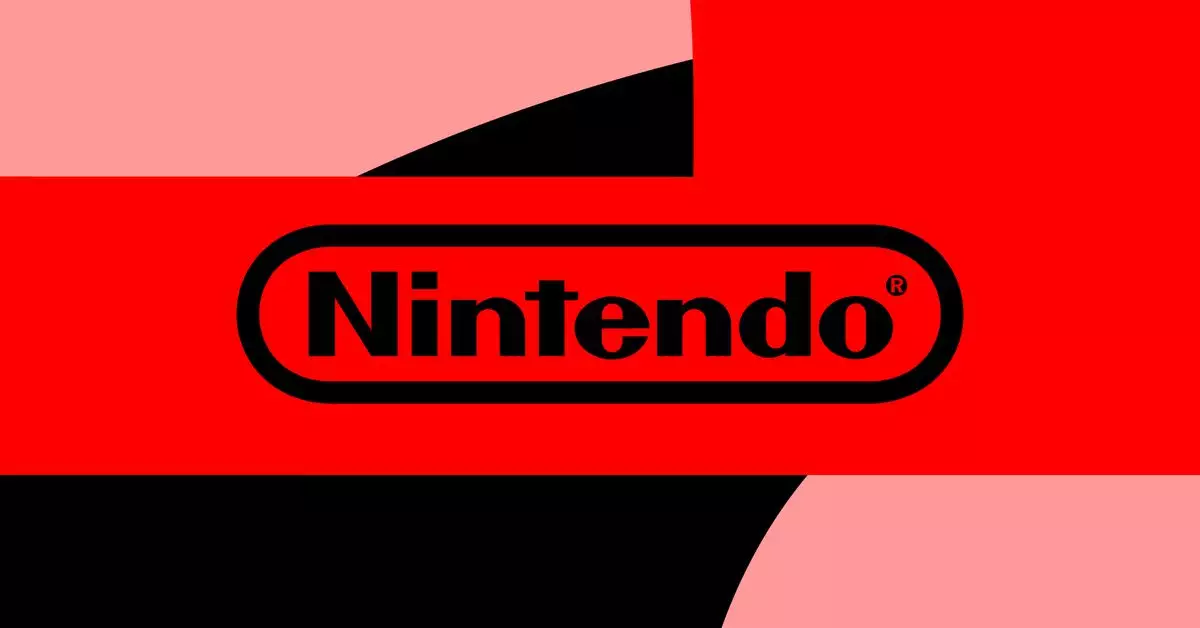As the gaming community eagerly anticipates the arrival of Nintendo’s next console, certain details have emerged that can temper that excitement with an air of caution. Although Nintendo has yet to unveil its successor to the highly popular Switch, one reassuring element stands at the forefront: the new console will maintain compatibility with existing Switch games and allow for the continuity of Nintendo Switch Online services. This announcement, made in a midyear policy briefing, suggests that Nintendo is keen on preserving player investment and loyalty as it transitions into new hardware. However, this revelation leaves much room for speculation about what other features and improvements might come with the anticipated device.
Examining recent sales figures reveals an intriguing narrative for the Nintendo Switch. While the console achieved impressive numbers—4.72 million units sold in a quarter—this represents a concerning 31% decline when compared to the same timeframe last year. Yet, fundamentally, the Switch has secured its place in gaming history, with over 146 million total units sold since its launch. Remarkably, it also shatters previous records with a staggering 1.3 billion software units sold as of September 30, 2024. This juxtaposition of decline and success pinpoints the complexities of the current gaming landscape, where even a leading device can face headwinds in saturated markets.
Nintendo’s strategy for maintaining relevance amidst these trends bears scrutiny. Notably, there has been a marginal decrease in subscriptions to Nintendo Switch Online, now standing at approximately 34 million members. However, a silver lining emerges: subscriptions for the premium Expansion Pack version of the service are on the rise, hinting at a consumer willingness to invest in richer gaming experiences. Nintendo’s ability to adapt its services to meet the evolving demands of gamers will be pivotal as competition continues to intensify.
Backward compatibility remains a hotly debated topic within the gaming community, particularly concerning legacy games. Currently, Nintendo’s approach raises eyebrows, especially given that its prior consoles transitioned from discs to cartridges—a shift that complicates the idea of straightforward compatibility with older systems. Both the Xbox Series X and the PlayStation 5 offer substantial backward compatibility, creating an expectation that Nintendo may steamroll towards a similar path, allowing gamers to access their beloved classics.
Yet, Nintendo appears to tread carefully. While it has established a sizable library of nostalgic titles through its Switch Online services, the prospect of a repeat of such titles on its upcoming console remains uncertain. This cautiousness may stem from a desire to manage expectations, but it also propels conversations surrounding video game preservation and accessibility into the spotlight.
In an era where over 87% of games released prior to 2010 are deemed “critically endangered,” the importance of video game preservation cannot be overstated. The Video Game History Foundation has highlighted the precarious state of many cherished titles that risk disappearing into obscurity without proper access mechanisms. While Nintendo has made strides to reintroduce some of its classic catalogue to the Switch, plenty remains inaccessible on modern platforms.
This lapse in preservation raises alarming questions: Are gaming companies doing enough to honor their history while also paving the way for future innovations? As industry leaders, including Nintendo, craft their next strategic moves, the importance of developing sustainable plans for gaming legacies should not be overlooked. The challenge lies in balancing the allure of new gaming experiences with the obligation to safeguard the rich tapestry woven by decades of gaming history.
With its next console on the horizon, Nintendo finds itself at a crossroads. On the one hand, the need to captivate existing fans and lure new players into its ecosystem demands a forward-looking approach, characterized by exciting new features and advancements. On the other hand, addressing backward compatibility and ensuring the preservation of gaming history speaks to a broader responsibility that could define its legacy in the coming years. As gamers await further announcements, the hope remains that Nintendo will not only capitalize on its innovative spirit but also embrace its role as a steward of gaming heritage.

